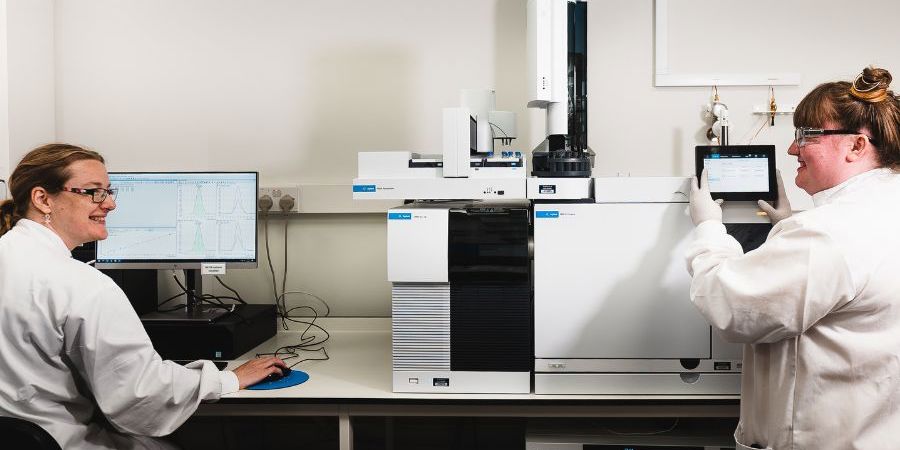International Women's Day is a global day celebrating the social, economic, cultural and political achievements of women. The day also marks a call to action for accelerating gender parity and for raising awareness for women’s equality. At Cellmark, we aim to provide opportunities regardless of gender.
To champion the many incredible women that make up 62% of our employees and to inspire inclusion, we spoke to Kathryn about her route to becoming Toxicology Manager at Cellmark including some professional highpoints and why she would recommend a career in toxicology. Toxicology is the analysis of biological samples for the presence of drugs, alcohol, poisons or other substances; forensic toxicology also involves determining the potential impact of any detected substances on behaviour, criminal activity or on an individual’s death.
“I began my career working in forensic toxicology almost 20 years ago after completing a degree in Forensic Science at the University of Glamorgan (now called the University of South Wales). Back then there weren’t a lot of universities that offered forensic degrees - at the time there were only 6 options - but now, probably due to the many exciting television programmes showcasing what it ‘might’ be like, there are many more universities that offer degrees or modules in forensic-related topics.
I hadn’t necessarily wanted to specialise in toxicology but, having got my first job after university working in a drug testing laboratory in Cardiff, here I am 20 years later still doing it! The laboratory where I first worked specialised in analysing hair samples for solicitors, police forces and workplace drug testing schemes, as well as offering analysis of urine, oral fluid and blood. When I joined, we were a very small team which meant I was able to get involved in all parts of the process from sample preparation, laboratory instrument maintenance and troubleshooting, method development and eventually reporting cases, after first passing Expert Witness training. Giving expert witness testimony at court is still one of my favourite parts of the role. This first job also gave me the opportunity to present a poster about some of our work at a conference in South Korea, which was a great experience.
After a few years I decided I needed a change and found myself relocating to Oxfordshire and spent several years working on and reporting toxicology results for coroner’s cases. I found coronial cases really interesting, having mostly only worked on cases involving living people until then. In that role I continued to carry out laboratory work and was involved in method development to try and help speed up and improve existing procedures.
Then in 2010 I was presented with an exciting opportunity to help set up a toxicology department from scratch here at Cellmark, initially to offer hair analysis. This was quite a daunting prospect as it required learning a lot of new skills along the way and working with a number of different departments. Everything from thinking about the laboratory layout and infrastructure, the IT systems required, purchasing equipment and consumables, setting up instruments, developing methods, interviewing and hiring new members of the team, and so many other things along the way. I am incredibly proud of what we have achieved as we now have a team of over 40 people and offer a wide range of toxicology services for different sample matrices and customers.
Things have changed a lot in 20 years. There are now much stricter regulations we have to adhere to which can sometimes be a challenge, but we continue to adapt to changes as they arise. It is definitely not as straightforward as you see on the television, but I do enjoy being a forensic scientist and even after all these years I still feel as if I am learning new things all the time, something I have always loved about working in this field. I feel very fortunate to have had an interesting and challenging career in forensic toxicology so far.
If you’re looking to get into a career in toxicology, I would recommend apprenticeships or a science degree as a good route of entry. Cellmark has an established apprenticeship programme with two apprentices currently in our toxicology department.”

